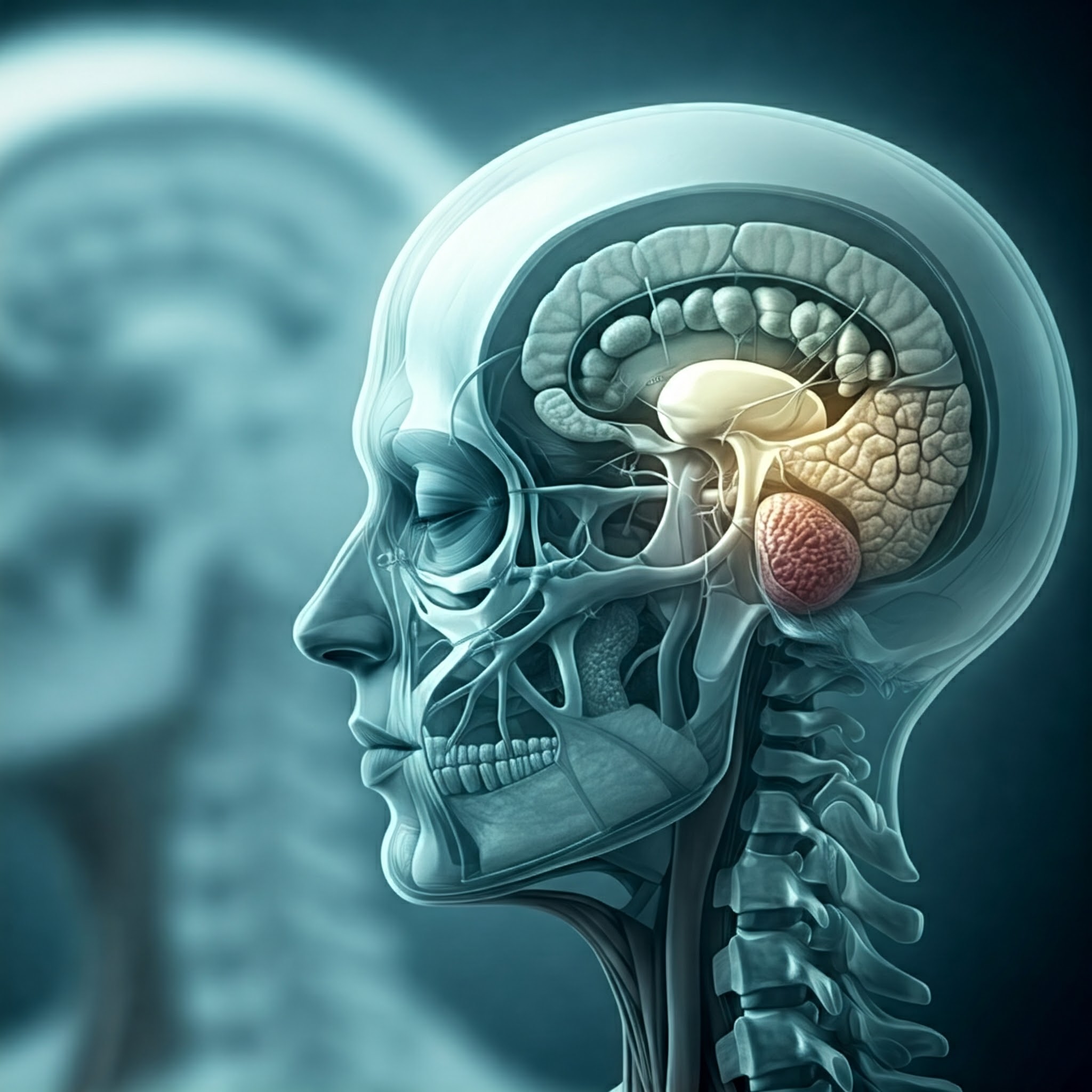Understanding Functional Neurology Assessments: Detecting Sensory and Motor Loss from Nerve Damage
Understanding Functional Neurology Assessments:
Detecting Sensory and Motor Loss from Nerve Damage

When dealing with chronic pain, unexplained numbness, or persistent muscle weakness, understanding the underlying cause is critical for effective treatment. At All Seasons Integrative Health, we use Functional Neurology Assessments to pinpoint sensory and motor loss caused by nerve damage, helping us develop targeted plans for recovery. Here, we’ll break down how these assessments work, what they uncover, and why they are essential for restoring your health.
What Is a Functional Neurology Assessment?
A Functional Neurology Assessment is a comprehensive evaluation of how well your nervous system is functioning. This includes analyzing:
-
Sensory Function: How your nerves detect and transmit sensations like touch, temperature, and pain.
-
Motor Function: How your nerves control muscle strength and movement.
-
Nerve Communication: The efficiency of communication between the brain, spinal cord, and peripheral nerves.
By identifying areas where the nervous system isn’t working as it should, we can determine the root causes of symptoms such as:
-
Tingling or numbness in the hands or feet.
-
Burning or cold sensations.
-
Muscle weakness or reduced coordination.
The Importance of Sensory and Motor Testing
Sensory Testing
Sensory testing focuses on identifying areas where the nerves’ ability to transmit sensory information has been impaired. This may involve:
-
Light Touch Tests: Using a cotton ball or fine brush to assess sensation across the skin.
-
Temperature Differentiation: Testing the ability to distinguish between warm and cold stimuli.
-
Vibration Testing: Using a tuning fork to assess the nerves’ ability to detect vibration.
-
Pinprick Tests: Checking for the ability to detect sharp versus dull sensations.
These tests help us identify sensory loss patterns, such as those caused by peripheral neuropathy or spinal nerve impingement.
Motor Testing
Motor testing evaluates the strength, coordination, and control of muscles. This includes:
-
Muscle Strength Testing: Assessing whether specific muscles show signs of weakness.
-
Range of Motion (ROM): Measuring the movement of joints and their associated muscle groups.
-
Reflex Testing: Evaluating reflex responses to determine the health of nerve pathways.
-
Coordination Tests: Checking for fine motor skills and balance.
Motor loss often accompanies sensory issues, and testing both provides a full picture of nerve damage severity.
Advanced Tools for Functional Neurology Assessments
At All Seasons Integrative Health, we enhance traditional assessments with cutting-edge tools to ensure accuracy and comprehensive insights. These include:
-
Electromyography (EMG): Measures electrical activity in muscles to detect nerve dysfunction.
-
Sudomotor Testing: Evaluates the health of small nerve fibers responsible for sweat gland function, often an early indicator of nerve damage.
-
Withings Body Scan: A home-based tool we provide for monitoring nerve health remotely.
What We Learn From These Assessments
By combining sensory and motor testing, we can determine:
-
The extent of nerve damage.
-
Whether the damage is localized (e.g., carpal tunnel syndrome) or systemic (e.g., diabetic neuropathy).
-
The type of nerves affected: sensory, motor, or autonomic.
-
The root cause of the damage, such as compression, inflammation, or metabolic conditions.
Why Early Detection Matters
Nerve damage is often progressive, meaning it worsens over time without intervention. Early detection through Functional Neurology Assessments allows us to:
-
Halt further damage.
-
Develop targeted treatments to restore nerve function.
-
Improve overall quality of life by addressing symptoms like pain, weakness, or numbness.
Integrating Findings Into a Personalized Care Plan
Once we’ve identified the specific sensory and motor issues, we create a tailored treatment plan. This may include:
-
Therapies to Stimulate Nerve Regeneration:
-
PEMF Therapy
-
K-Laser Therapy
-
Focused Shockwave Therapy
-
-
Nutritional Support for Nerve Health:
-
Customized supplements to support nerve repair and reduce inflammation.
-
-
At-Home Exercises:
-
Functional exercises to strengthen affected muscles and improve coordination.
-
-
Ongoing Monitoring:
-
Regular follow-ups to track progress and adjust treatments as needed.
-
Start Your Path to Recovery
If you’re experiencing numbness, tingling, or muscle weakness, don’t wait to seek help. A Functional Neurology Assessment can provide the answers you need to take control of your health. Contact us today to schedule your evaluation and start your journey toward feeling your best.
Posted In:
Neuropathy
Functional Medicine
Wellness Strategies
Chronic Pain Management
Soft Tissue Therapy
Nerve Regrowth Strategies
Pain and Inflammation Reduction
Injury Prevention for Athletes
Pain Management
Injury Rehabilitation
